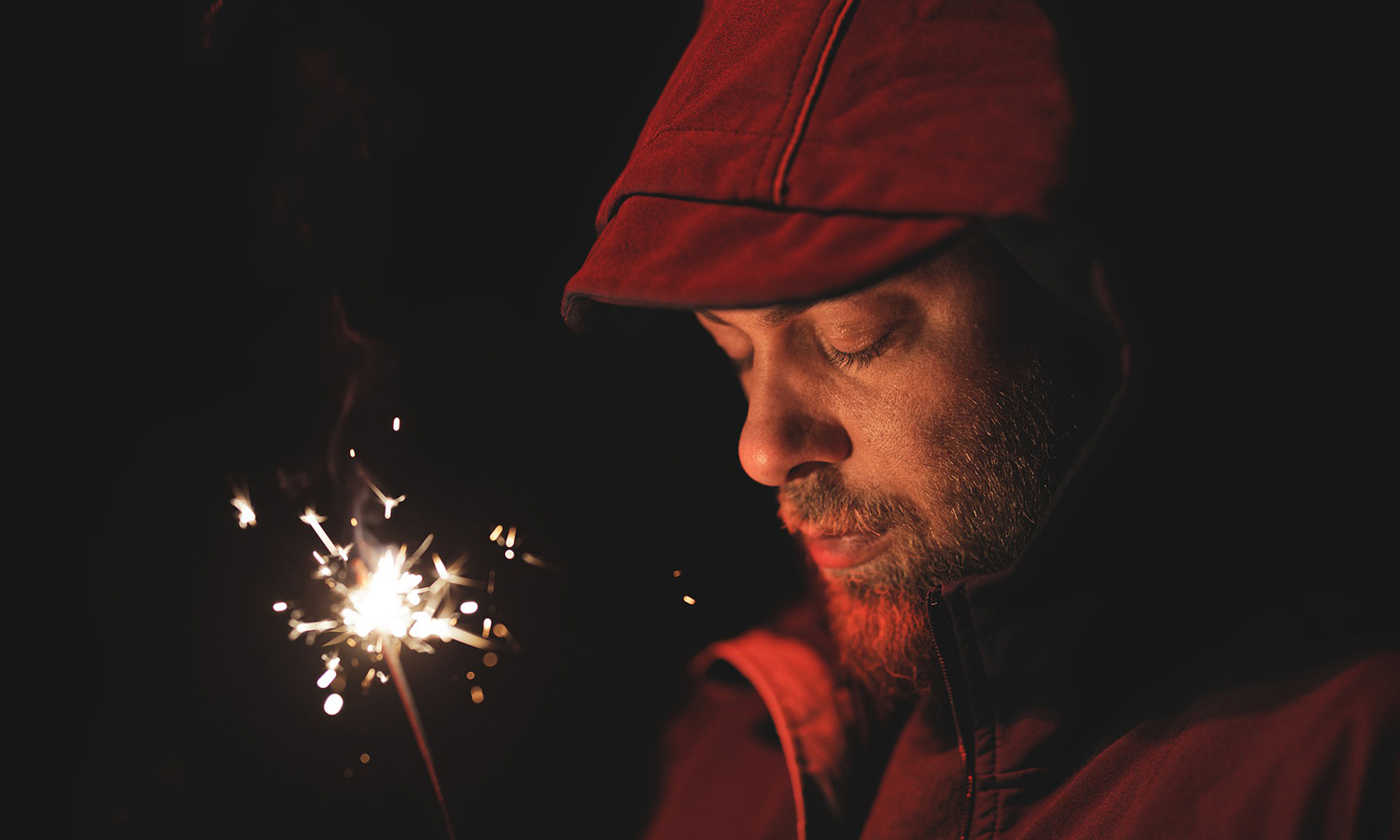In a post on Writer Unboxed, John Kelley suggests adding major social occasions – such as weddings and funerals – to your stories to create drama and reveal character. “Events like weddings, holidays, reunions, retirements, and funerals are a part of life and so it is only natural they should appear in our tales,” he says. “I now notice when they appear in shows, noting how such scenes alter the narrative, even when tangential to primary or even secondary plotlines.”
You should never add these kinds of events without a good reason. However, if your plot already incorporates milestone events, Kelley suggests examining them for storytelling opportunities. For example, social occasions are good for:
- Revealing Character. “Nothing highlights character more than an unrelenting spotlight,” Kelley says. “Chance encounters at events can also provide a natural entry point for crucial backstory, evoking past heartbreaks, unrequited loves, or long-simmering rivalries.” Reveal your characters’ fears, motivations, personalities, and wounds during these scenes.
- Developing Relationships. Family members and friends can show a different side of themselves at major occasions. Depending on where the scene falls in your novel, you might create conflict or smooth it over.
- Surprising the Reader. “What better time to expose a juicy tidbit of information or a jarring plot twist than during a chance encounter at a social event?” Kelley writes. “A lot can happen when you bring characters into the same room, or ballroom, at the same time.” You can also use the event to change the tone of your work, by introducing warmth, poignancy, humor, or tension.












